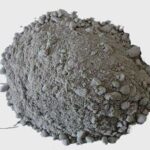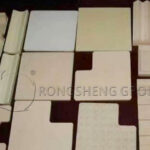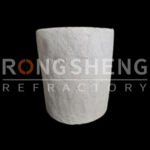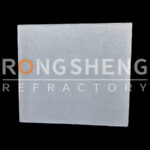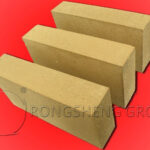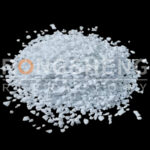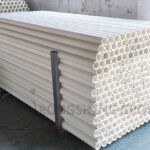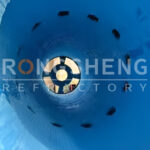Correctly Use of Refractory Mortar
The use of refractory mortar is suitable for building flue, kiln tunnel, kiln wall, and firebox of kilns, which greatly benefited us in reducing the cost of masonry kilns. The use of Refractory Mortars can also called use of fire brick mortar, they can be applied as a protective coating for linings by smearing or spraying.
Because of its good thermal exfoliation, Refractory Mortar is mainly used in coke ovens, glass furnaces, blast furnace hot air furnaces, and other industrial furnaces. At the same time, because almost all the refractory raw materials can be made into a powder used to prepare high-temperature mortar, be used as joint material for refractory bricks. So that called fire brick mortar. Refractory mortar appears in which refractory bricks are needed. Therefore, the use of Refractory Mortar is also widely in thermal engineering equipment in metallurgy, building materials, machinery, petrochemicals, glass, boilers, electricity, steel, cement, and other industries.
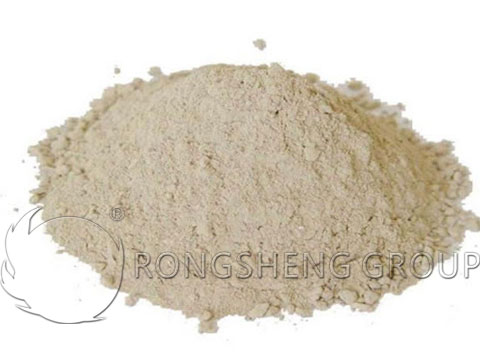
Problems Encountered in the Use of Refractory Mortar
Due to the different refractory bricks and the different working conditions of different kilns, the requirements for the use of refractory mortar are also different. If not used properly, the refractory lining is prone to problems. For example, in the preparation of clay refractory mortar, only refractory clay is used without mixing with cement, and the viscosity and strength of the heat resistant mortar are not good. Moreover, because of its high temperature, it loses its binding effect and becomes powdery, which is poured out from the brick joint, causing the brick body to loosen and the number of bricks dropped frequently. Seriously affect production. A factory dropped bricks 4 times a month, making it impossible to operate normally. To deal with this situation, the only way is to adding iron plates or knocking down the heavy blocks.
Basic Use of Refractory Mortar
Before using the Refractory Mortar, firstly, clean the furnace, and use refractory cement, also called aluminate cement, to hang the slurry in the furnace once or twice. After drying, use refractory cement and refractory sand, adjust it according to 1: 1, and make up a part of it in the furnace. Then tap lightly with a small rubber hammer. After the entire furnace is tapped and filled, then hang the slurry with refractory cement once or twice and let it dry for about a week. Use this method to make up the furnace, under normal circumstances, there is no crack in the furnace!
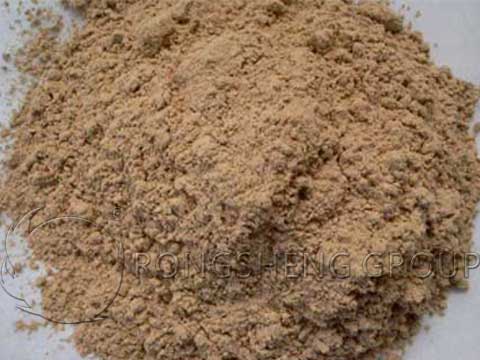
Configuration and Use of Refractory Mortar
Refractory Mortar consists of refractory powder, binder, and admixture. Almost all refractory raw materials can be made into a powder used to prepare refractory mortar. The common refractory mortar is made of refractory clinker powder plus an appropriate amount of plastic clay as a binder and plasticizer. Its ordinary temperature strength is low, and the ceramic bond at high temperatures has high strength. The chemically bonded high-temperature mortar with hydraulic, gaseous, or thermosetting bonding material as the bonding agent will produce a certain chemical reaction and harden before the temperature below the ceramic bonding temperature.
Firstly, When making Refractory Mortar, the powder is wetted in advance to saturate the water. Then, mix it very carefully in a refractory mortar mixer.
Preparation of Clay Refractory Mortar
The content of Al2O3 in clay refractory mortar is less than 40%. Use high-grade cement or high-alumina cement and clay refractory soil to dry mix evenly, with a mass ratio of (cement: fire mud) of 1: 2 or 1: 3, add water and stir to adjust to a thick paste-free.
High-alumina Fire Mortar Prepared by Water Glass
Add 17.5 ~ 20 kg of water glass for every 50 kg of high alumina fire mortar. Add the firing mortar to the water glass and mix well to use. This kind of fire mortar is used for LZ70 high aluminum brick masonry.
Phosphoric Acid Formulated High Alumina Fire Mortar
Add 8 kg of water per kg of 85% phosphoric acid to obtain a 42.5% phosphoric acid solution. Add 42.5% phosphoric acid solution 20 ~ 25 kg for every 50 kg of high-aluminum fire mortar, and mix well. It can be used above twelve hours. This fire mortar is used to build composite bricks.
After that, when pouring refractory mortar, a mold is used, and the high-temperature mortar is tamped by an air hammer or by hand.
Then, the thickness of the refractory filling layer should not exceed 100 mm each time, and the appropriate temperature for pouring heat resistant mortar is 20 degrees.
Lastly, in the construction of kilns, in order to make fire brick mortar play a greater effect, it must be used with refractory pain. Apply them to the surface of refractory brick masonry, which greatly improves the use and reduces the work of masonry maintenance. The paint is sprayed with compressed air or applied manually, and its thickness is 4-5 mm.
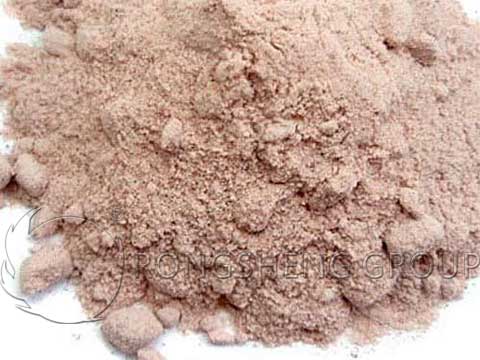
Tips:
- The particle size of refractory mortar varies according to the requirements of use. The limit particle size is generally less than 1mm, and some are less than 0.5mm or finer.
- When choosing the material of refractory mortar, it should be considered to be consistent with the material of refractory products of masonry. In addition to being used as a jointing material, refractory mortar can also be used as a protective coating for linings by smearing or spraying.

Rongsheng Refractory Manufacturer is a manufacturer specializing in providing refractory services for various kiln equipment. Our factory has a reliable reputation and high product quality. Our factory also has very strong strength, we also have a refractory brick factory and refractory castables factory. Our customers also cover more than 60 countries and regions in the world. If you need to buy Refractory Mortar, please contact us, our refractory service will not let you down.
